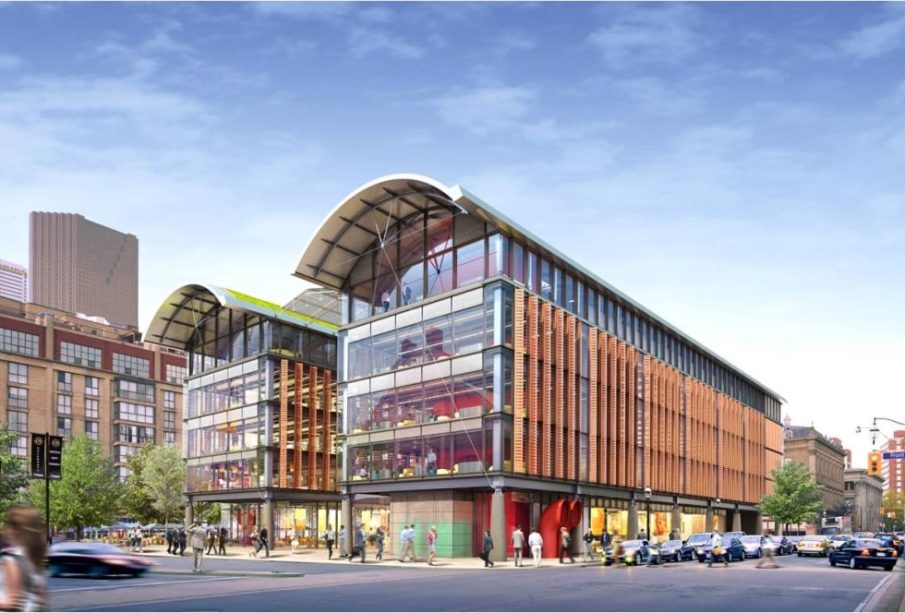Discovering the City of Toronto: Culture and Growth

Introduction
The City of Toronto, the capital of Ontario, is Canada’s largest city, known for its dynamic urban landscape, cultural diversity, and economic significance. As a global city, Toronto serves as a hub for finance, arts, and education, making it a focal point for immigrants, businesses, and tourists alike. Understanding the current state of Toronto provides insights into its role in shaping Canada’s future.
Recent Developments in Toronto
In recent months, Toronto has experienced a series of transformative initiatives aimed at improving urban life and addressing key issues such as housing, transit, and sustainability. The Toronto City Council has proposed several new housing developments to combat the ongoing housing crisis, with an emphasis on affordable units and community spaces. As of October 2023, the construction of over 5,000 affordable housing units has been approved across various neighborhoods.
Moreover, the city is moving forward with its ambitious transit expansion plans, notably the ongoing construction of the Ontario Line, which is expected to ease congestion and connect underserved areas by 2026. This project is part of a broader strategy to promote public transit as a sustainable alternative to personal vehicles, aligning with the city’s commitment to reducing its carbon footprint.
Cultural Vibrancy and Community Engagement
Toronto’s rich cultural tapestry is woven from the contributions of its diverse population. The city hosts numerous festivals, art exhibits, and cultural events year-round, celebrating everything from film and music to food and heritage. Events like the Toronto International Film Festival (TIFF) not only boost local tourism but also highlight the city as a center for creative arts.
In 2023, the city’s commitment to community engagement has been evident, with initiatives aimed at involving citizens in decision-making processes. The city launched the “Toronto Together” campaign, encouraging residents to participate in city planning and neighborhood improvement projects. This grassroots approach has fostered a sense of community ownership and pride.
Conclusion
The City of Toronto is at a pivotal moment as it navigates growth, diversity, and sustainability in an ever-changing world. The ongoing developments in housing and transit, coupled with the city’s vibrant cultural scene and community engagement initiatives, position Toronto as a leading example of urban innovation. As it continues to evolve, the city’s ability to address its challenges will significantly influence both local residents and the broader Canadian landscape. Forecasts indicate that if current trends continue, Toronto is poised for continued growth, attracting even more talent and investment in the coming years.









